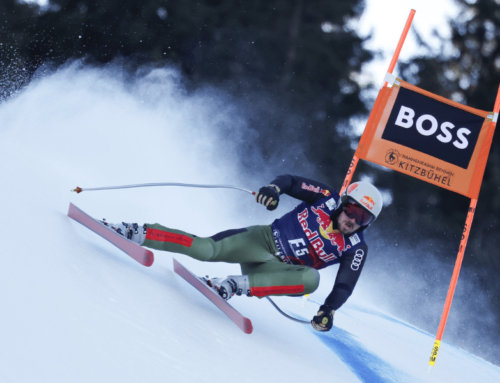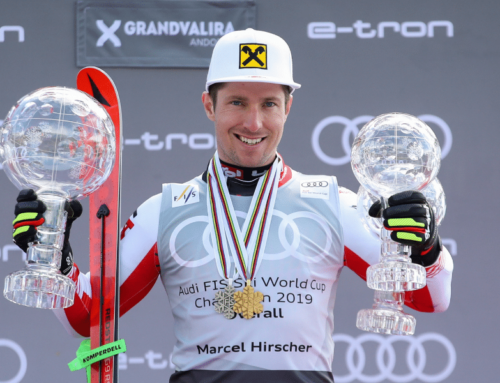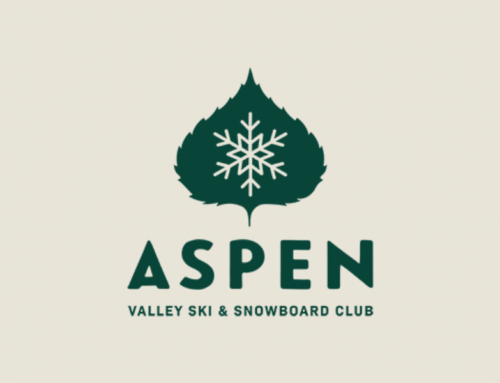Read, Philp look to put Canada on the Soelden map
When the World Cup season gets underway this weekend on the Rettenbach glacier high above Soelden, you can’t blame the Canadian team if they have tempered expectations.
With zero podiums, two top-five finishes and 14 top-15 finishes over the past two decades, Soelden has been a hard venue for Canadian skiers to score at over the years.
Let’s just say, it ain’t no Kitzbuhel.
The closest the Canadians have come to a podium finish at the World Cup opening giant slalom races was Allison Forsyth’s fourth place in 2001. Francois Bourque was within striking distance in 2005 when he finished fifth, and Thomas Grandi’s best was seventh (2004) and ninth one year later in 2005.
But Erik Read and Trevor Philp, Canada’s World Cup tech regulars, are looking to take the next step in their evolution as world contenders and compete for a podium finish in Soelden. According to Nick Cooper, head coach of the men’s tech team, both Alberta-raised veterans are “healthy and happy” and have had a strong lead-up to the opening races.
Alberta hopefuls
“We haven’t had to change a ton with them, they’re happy with their equipment and have been training well,” Cooper said. “Our prep camps were productive and the intensity has been ramping up as we get closer [to Solden].”
Read, 30, with a whopping 46 top-30 World Cup finishes – 22 in GS – over the past five seasons, could be rounding into podium form. According to Cooper, he has the speed as seen by posting the fastest time on the second run in a World Cup GS last December at the Santa Caterina, Italy, and has been the fastest in multiple splits.
But Cooper stopped short of making any medal predictions, commenting that top-10 finishes are realistic for both of them.
The large Canadian men’s tech team – the Kombi program – is a diverse group of skiers on various programs ranging from NorAm to World Cup, and everywhere in between.

Read and Philp are the only two full-time World Cup skiers. Sam Mulligan (24 years old), Riley Seger (24), Asher Jordan (20), Kyle Alexander (21) and Liam Wallace (21) are all on a combination of World Cup, Europa Cup, NorAm – and for some, NCAA – programs. Some specialize in single events, whereas others cross over to the speed program.
Speed specialist Cameron Alexander, 24, has been with the Canadian Kombi team in a return-to-snow capacity as he continues to recover from a leg injury last season. Alexander recently rejoined the speed team full time.
The Kombi team was also providing programming during the prep period to four NextGen skiers, most of whom are competing on the NCAA circuit and some potentially Europa Cup; Justin Alkier (Toronto, Middlebury College), Jamie Casselman (Cranbrook, B.C., Montana State University), Simon Fournier (Montréal, University of Denver) and Declan McCormack (Toronto, University of Vermont).
Cooper, who joined Alpine Canada this summer after seven seasons as the BC Ski Team head coach, is assisted by Elias Jonsson and Mark Tilston, who doubles as Cooper’s boss off the hill. Tilston, the men’s head coach last season, is balancing a shift in responsibilities to lead performance sciences, as well as program, logistics and budget for the men’s program while providing coaching support across all men’s teams.
“It’s been full-on for sure with lots of moving parts,” Cooper said about the diverse group. “But we got very lucky in Saas-Fee and Stelvio with training conditions.”
According to Cooper, the biggest challenge of the off-season was a botched training block in Ushuaia, Argentina, where the Argentine government revoked a special travel exemption from the Canadians just before departure.
But quality European training made up for time lost and Cooper believes the group is ready to perform.
Olympics on the horizon
Even with the 2022 Winter Olympics in Bejing looming in the near-future, Cooper reiterated that the focus remains on the daily tasks at hand and maintaining a day-to-day mentality.
“Of course it’s a big event with major importance but we need our guys to move up in the world rankings and continue to establish themselves on the World Cup,” Cooper explained.
With a young crop of racers continuing to rise through the ranks, Alpine Canada appears to be keeping focus on the next generation of ski racers, with the addition of youthful up-and-comers to the team.
But with the Olympics, comes pressure to perform. It is of critical importance for both funding and exposure. The men’s speed team showed major event promise earlier this year when Brodie Seger finished fourth in the super-G, followed by Jack Crawford’s fourth-place finish in the combined one week later. Crawford had the fastest time in the super-G portion.
Philp, of Calgary, also scored his best individual world champs result in that same event finishing in 10th while Broderick Thompson, of Whistler, was 11th, his best result since a near two-year return to the World Cup after a serious leg injury.





















